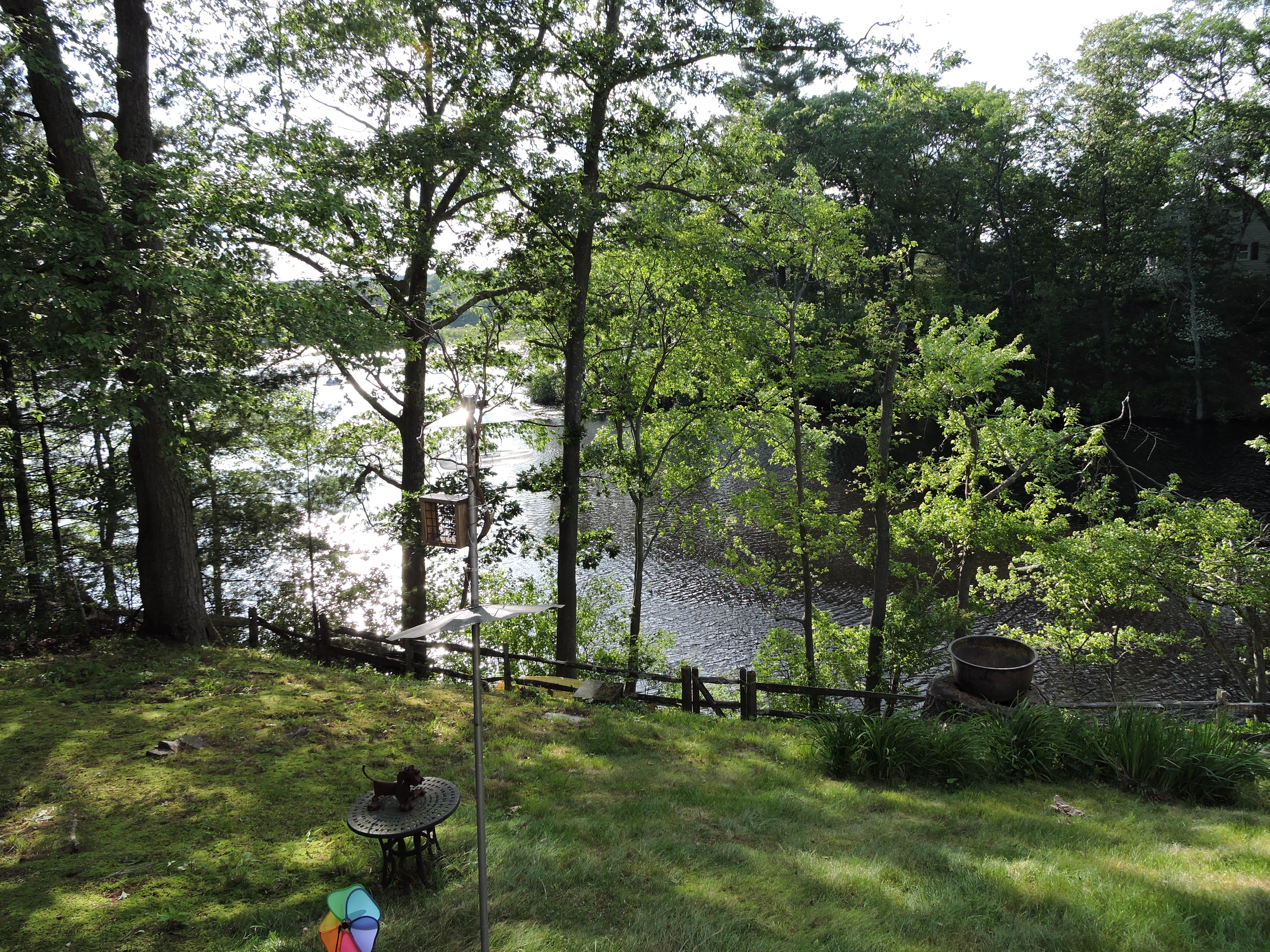The Accurate Report on Maslow’s Work
Many who have written about Maslow knew him only from his books and recorded lectures, some knew him from researching his unpublished journals and papers and a few knew him collegially. With such an extensive database on Maslow already existing, what can I possibly add to our understanding of Maslow and his work? The answer is simple: An accurate reporting on what Maslow actually said to me and my classmates at Brandeis University.
I knew him during the time when he was at his most productive three years before his death. Maslow was my teacher, mentor, and friend. He guided me into my profession, invited me to his home to meet his wife Bertha, and was continually available to answer my questions and to clarify his often opaque writings. His publications were directed toward his academic peers, not to the general public. An added point to my credibility and expertise on Maslow is my continuous involvement with his work on a daily basis for decades. I have practiced Maslowian psychology longer than Maslow did, and both my patients and I have benefited from it.
Over the years since Maslow’s death, I have observed myths and misunderstanding about him slowly build upon his work. Similar to barnacles on a ship that slow its progress, these inaccuracies have attached themselves to Maslow’s work and have contributed to limiting his impact. Colin Wilson stated”Maslow still has not come fully into his own. “ This Blog seeks to present an accurate picture of Maslow based on his actual writing, journals, lecture notes, and personal contact. Some very popular but inaccurate concepts about his theories and work will be exposed and unrecognized but even more exciting possibilities will be revealed. Among the new concepts which will be discussed in the following blogs are:
The Following Facts Have Not Previously Been Reported in One Place:
-
Maslow created not one but two Hierarchies of Needs.
-
The Highest level on Maslow’s larger Hierarchy of Needs was not self-actualization but self-transcendence
-
Maslow believed it was not necessary to completely fulfill one level before satisfying parts of a higher level
-
During periods of stress or crisis, Maslow believed that one may regress down the hierarchy
-
While initially viewing self-actualization as rare, in his later writings Maslow concluded that nearly everyone has the potential to reach self-actualization.
-
Peak experiences happen to most people
-
Happiness arising from the fulfillment of needs is only temporary.
-
Meta-needs are the values that give meaning to life
-
Psychologically healthy work environments produce greater worker satisfaction as well as productivity
-
Maslow sought to discover the conditions that could promote the development of the highest in human potentiality. Such an environment he called Eutopia.
These and other life impacting discoveries by Maslow will be presented n successive blogs. Please do not hesitate to raise questions or make comments


